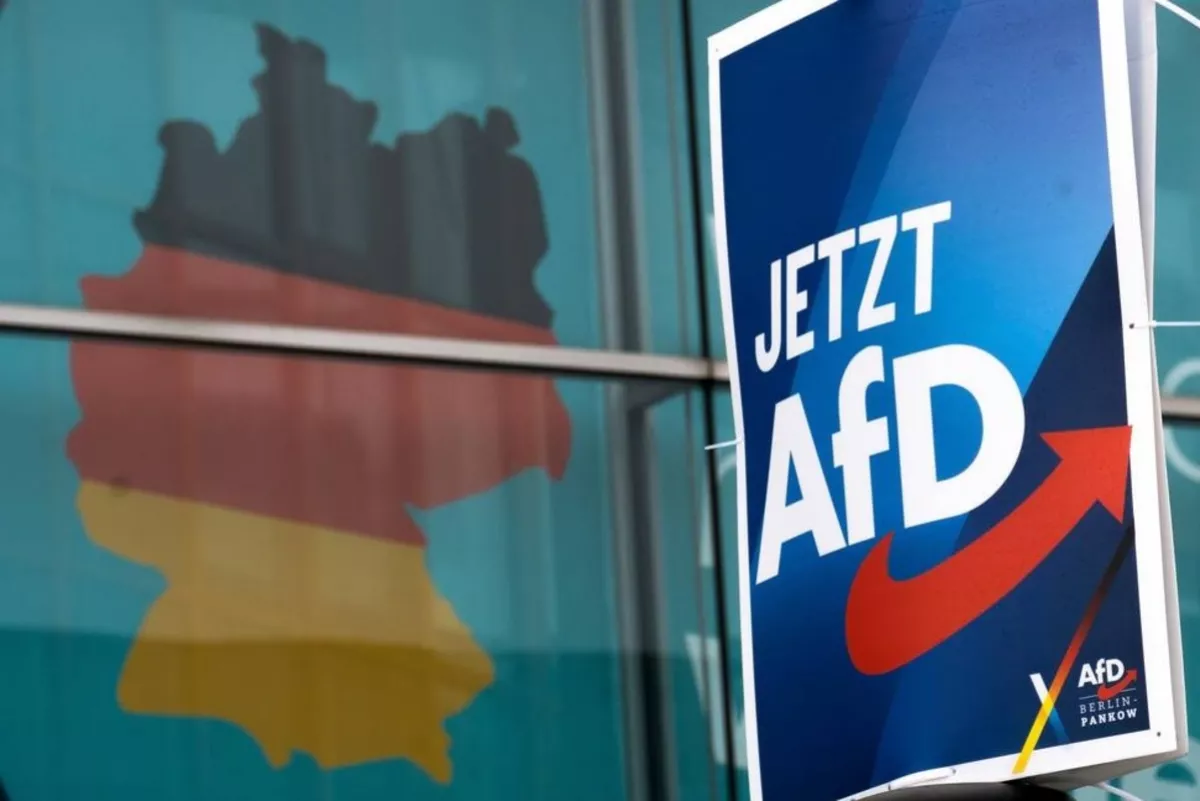Europe faces right-wing surge A rising storm in the “blooming garden”
On May 1, local elections were held in some municipalities across Britain. Authoritative news agencies published editorial pieces with eye-catching headlines such as: "Right-wing populist Reform UK trounces major parties in Britain's local elections."

Experts describe the election outcome as a serious threat to the two-party system, as Reform UK (led by Nigel Farage) managed to win in constituencies where residents have traditionally voted for either the Conservatives or Labour. While Reform UK garnered around 30% of the vote, Labour received approximately 20%, and the Conservatives even less—just 15%.
In a surprise to many, Reform UK also secured a seat in Parliament through a by-election, bringing the total number of its representatives in the House of Commons to five. Moreover, a representative of this party—founded just six years ago on the basis of the Brexit Party—was elected mayor of a major municipality, Greater Lincolnshire. The county council also came under Reform UK’s control.
The right-wing trend continues to gain momentum across Europe. The success of the British right stunned analysts, as preliminary results from the local elections showed that Reform UK secured more seats than all other parties combined. Nevertheless, a significant portion of the European media continues to label this and similar parties as “right-wing populists” or simply “populists.”
But how can populists, in the literal sense of the word, be so successful in overcoming electoral hurdles across European countries one after another—especially amid an increasingly restrictive political climate? If that’s the case, are they really perceived as populists? Perhaps it’s quite the opposite — the masses may see the right as being too realistic?

This realism is especially evident in anti-immigration rhetoric. Andrea Jenkyns, a former Conservative MP who won the race for Mayor of Lincolnshire now representing Reform UK, stressed that she would do everything in her power to end the era of a “softened Britain,” notably proposing to house migrants “not in hotels, but in tents.”
In any case, the main outcome of these events is not merely, as commentators note, a blow to the position of Britain’s “centuries-old two-party political system,” but rather the strengthening of right-wing forces across Europe.
However, the leaders of countries facing this historic precedent are choosing methods reminiscent of the Soviet approach in their fight against “dissent.” This is particularly evident in Germany. According to a poll conducted by the Forsa Institute for Social Research on behalf of RTL Deutschland and published on April 22, 2025, the right-wing party Alternative for Germany (AfD) has reached a record level of public support—26%—surpassing the CDU/CSU bloc. Yes, only by 1%, but these figures have been described as historic. The SPD has slipped to third place with 15%. As summarised by the dpa news agency, if Bundestag elections were held in the coming weeks, the CDU/CSU and SPD combined would not be able to form a majority. And while some may dismiss these numbers as “politically driven,” almost identical results were reported by the Ipsos Institute in early April—thus confirming a trend the authorities would rather ignore. The only difference: in the Ipsos poll, the AfD led with 25%, still ahead of the CDU/CSU by 1%. And how did the German authorities respond? Exactly as one might expect — by resorting to tactics all too familiar from Soviet practice.

On May 2, Germany’s Federal Office for the Protection of the Constitution declared the AfD an extremist organisation “threatening the country’s democracy.” As expected, AfD co-leaders Alice Weidel and Tino Chrupalla called the decision politically motivated and described it as a “serious blow to democracy in Germany.” The party leadership announced its intention to challenge the decision in court, denouncing what it sees as attempts at “criminalisation and discrimination” just ahead of a potential change in government.
Crucially, designating the AfD as an extremist organisation grants German intelligence agencies the right to collect confidential information about the party — including wiretapping conversations and monitoring communications.
The declaration of an entire parliamentary party as extremist is a first in the history of modern Germany. Leading European countries continue to step on the same "Soviet rakes," including methods of censorship and political repression that they themselves previously condemned.
Experts are already asking: if the German authorities consider the AfD’s activities a "threat to democracy," does that mean more than 20% of the country's citizens who voted for this party also threaten democracy? Does this mean that a fifth of German society are extremists?

In any case, Berlin must figure out for itself who is an "extremist" and who is a "democrat" in Germany. We have merely observed the current Soviet-style trends in the German political arena. Analysts openly state that the designation of AfD as an extremist organisation could be the first step towards a complete ban on its activities.
Such is the current shape of the "blooming garden," which in words champions human rights and freedom of thought.








